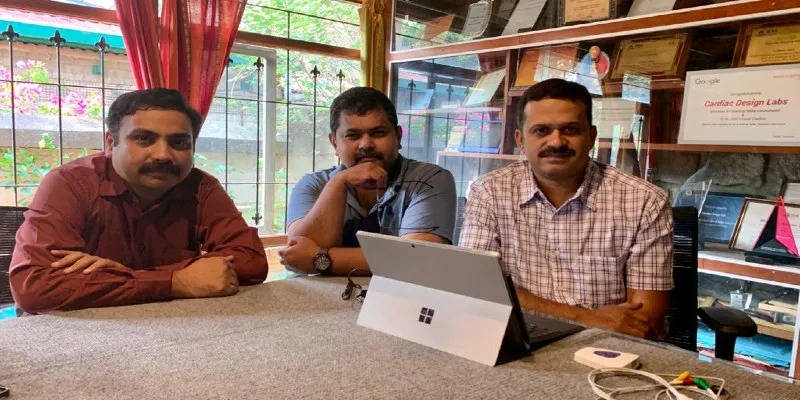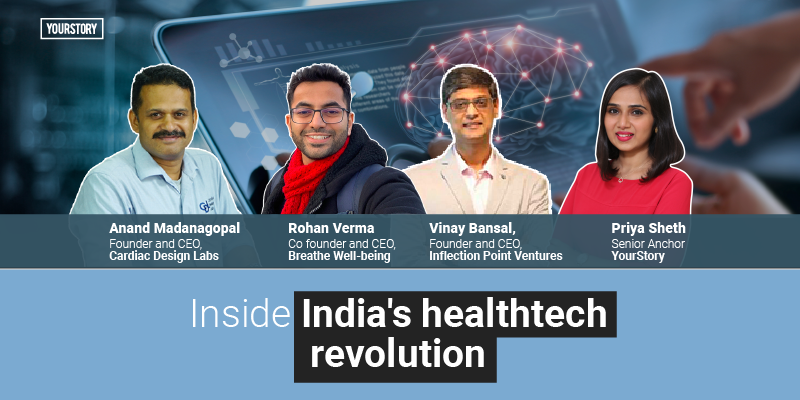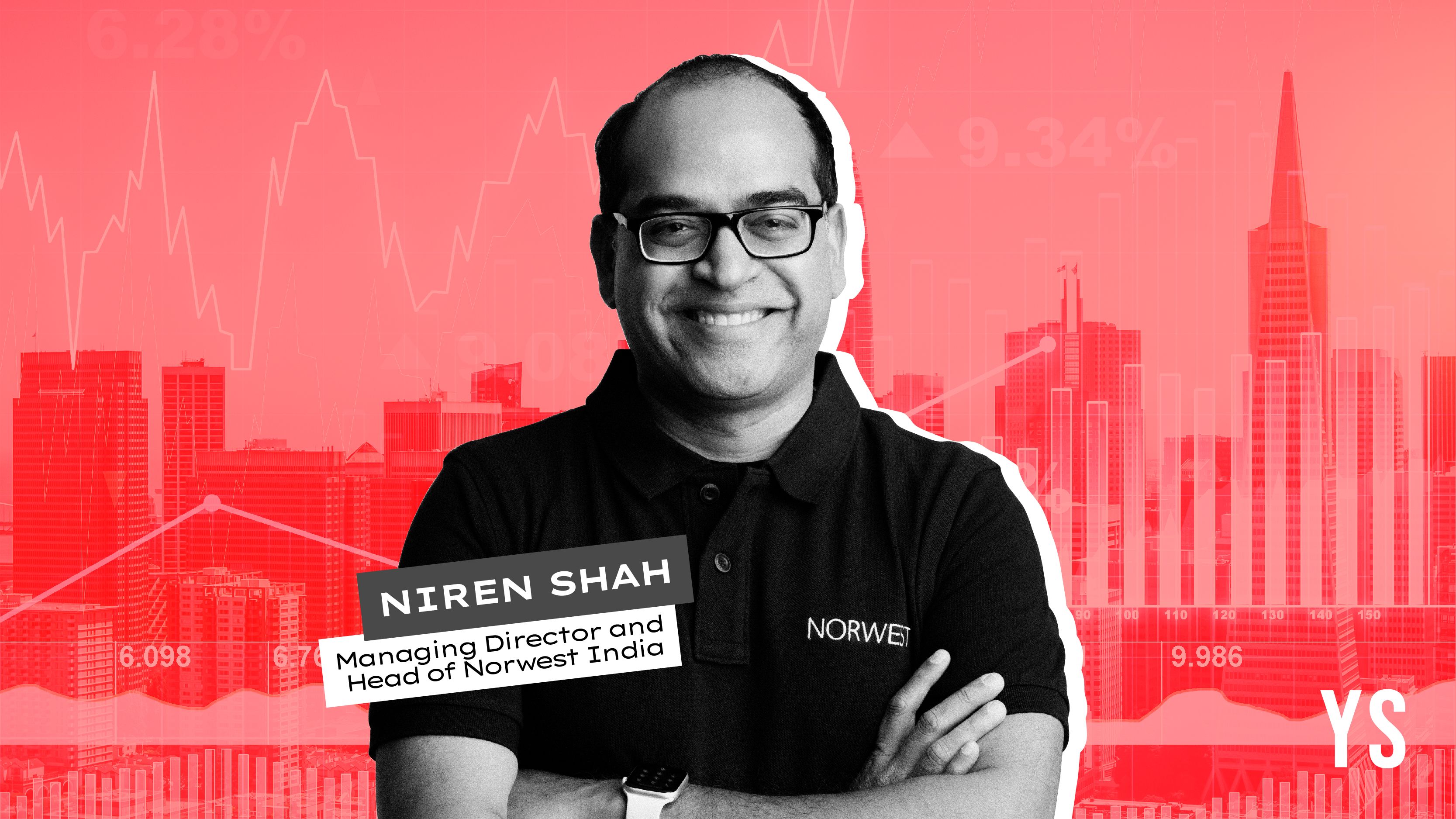What does India’s evolving healthtech revolution mean for the healthcare industry?
Anand Madanagopal, Founder and CEO at Cardiac Design Labs; Vinay Bansal, Founder CEO, Inflection Point Ventures; and Rohan Verma, Co-founder CEO, Breathe Well-being, come together for YourStory’s panel discussion on the healthtech revolution.
The COVID-19 pandemic highlighted the crucial need for a robust healthcare sector, and how!
Hospitals and medical professionals had to move a huge part of their services to the online mode, which subsequently gave a boost to the healthtech industry.
According to a report by RBSA Advisors, India’s healthtech market is forecasted to hit $50 billion by 2033. There is also a mention of the industry growing at a 39 percent compounded annual growth rate (CAGR) over FY2020-FY2023.
The health market is currently valued at $2 billion, and is an umbrella to six segments under it- e-pharmacy, fitness, wellness, healthcare IT, telemedicine and personal health management. This accounts for over 1 percent of the total healthcare industry in India which is predicted to reach $132.84 billion by 2023 according to data provided by India Brand Equity Foundation (IBEF).
Remote monitoring devices get a chance
In a recently held panel discussion with YourStory’s Daily Dispatch, Anand Madanagopal, Founder and CEO at Cardiac Design Labs spoke about healthtech's revolution, adding that the demand for health devices has increased since the pandemic.
According to him, the need for an extensive healthcare infrastructure became more pronounced with this pandemic, and remote working solutions found a new-age demand. His startup, , builds monitoring and diagnostic systems for healthcare professionals and patients.
“Before COVID-19, we were making remote monitoring solutions primarily for chronic disease management, which has taken off, but will the consumer buy? I doubt that,” says Anand.
The doctor-patient ratio in India is low, and with coronavirus cases posing a health risk to medical professionals, Cardiac Design Labs developed a ‘Telemetric Patient Monitoring System’ that allowed doctors to monitor multiple patients from a central location.

Credit: Cardiac Design Labs
Big bets on preventive healthcare and telemedicine
In the backdrop of the pandemic, an increasing number of people are opting for preventive healthcare. Breathe Well-being, a digital therapeutics startup that works on programmes to reverse or help with Type-2 diabetes, has not missed the trend.
“We have grown 30X in the last 15 months,” says Rohan Verma, Co-founder and CEO, . He acknowledges that the startup earlier faced resistance since people didn’t want to pay for something that wasn’t tangible.
However, the company’s target audience is patients with Type-2 diabetes, known to be more vulnerable to complications if they contract the virus. This awareness makes them opt for preventive digital programmes.
The healthtech industry is also boasting a healthy influx of investments from Venture Capitalists.
“The opportunity was always high whether it is hospitals, pharmaceuticals, managing a chemist shop, diagnostics, natural health wellbeing,” says Vinay Bansal, Founder CEO, .
The panel also dwelled on the growth of the telemedicine sector, as people are becoming more receptive to digital consultations. According to Anand, people are more digital savvy now, and not just with website usage or social media. “They are also inquisitive about the effectiveness and the workings of medical devices.”
According to a report by IAMAI-Praxi, an increase of 300 percent was seen in tele-consultation platforms in 2020. This indicates that customers will be driving the future of telemedicine, since they have warmed up to it amid the pandemic.
How does healthtech become an appealing sector for investors?
To draw in the investor perspective, Vinay elaborates on the criteria that help VCs firm up on investments. Inflection Point Ventures, he says, is a sector agnostic company.
“We spread investments across the whole spectrum,” he says, on the diverse healthcare segments the company has stakes in.
A few factors they consider before investing are around the company’s ability to solve an existing problem in healthcare, their procedure to solve it, and if the founder has the tenacity and execution skills to achieve this.
Inflection Point Ventures recently co-led a seed round for healthcare startup DCode Care, which guides critically ill patients in finding the right treatment based on their condition and budget. Proprietary technology is used by the company for maintaining transparency in medical treatments.
YourStory’s flagship startup-tech and leadership conference will return virtually for its 13th edition on October 25-30, 2021. Sign up for updates on TechSparks or to express your interest in partnerships and speaker opportunities here.
For more on TechSparks 2021, click here.
Edited by Anju Narayanan












![[The Turning Point] Hungry for more, these founders decided to pivot with B2B foodtech startup HungerBox](https://images.yourstory.com/cs/2/79900dd0d91311e8a16045a90309d734/turning800x400-1585996134321.png)
